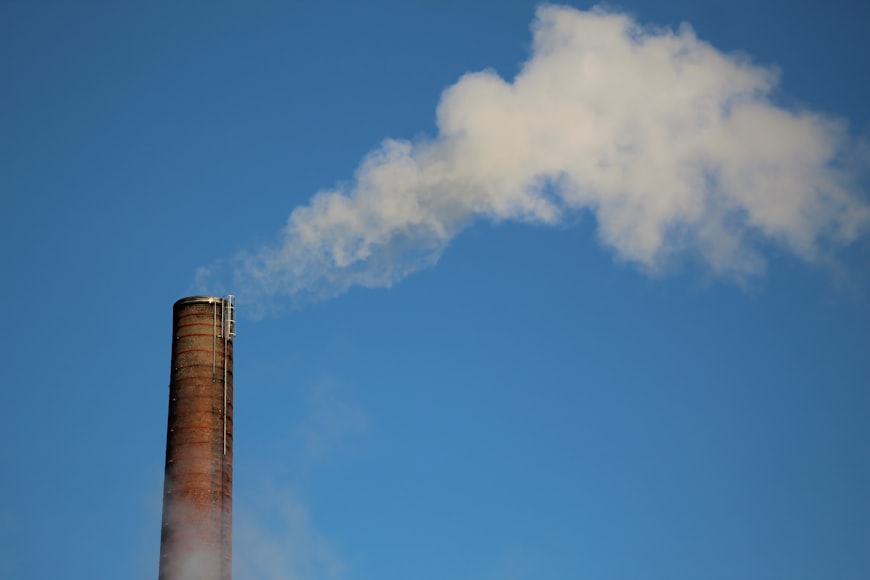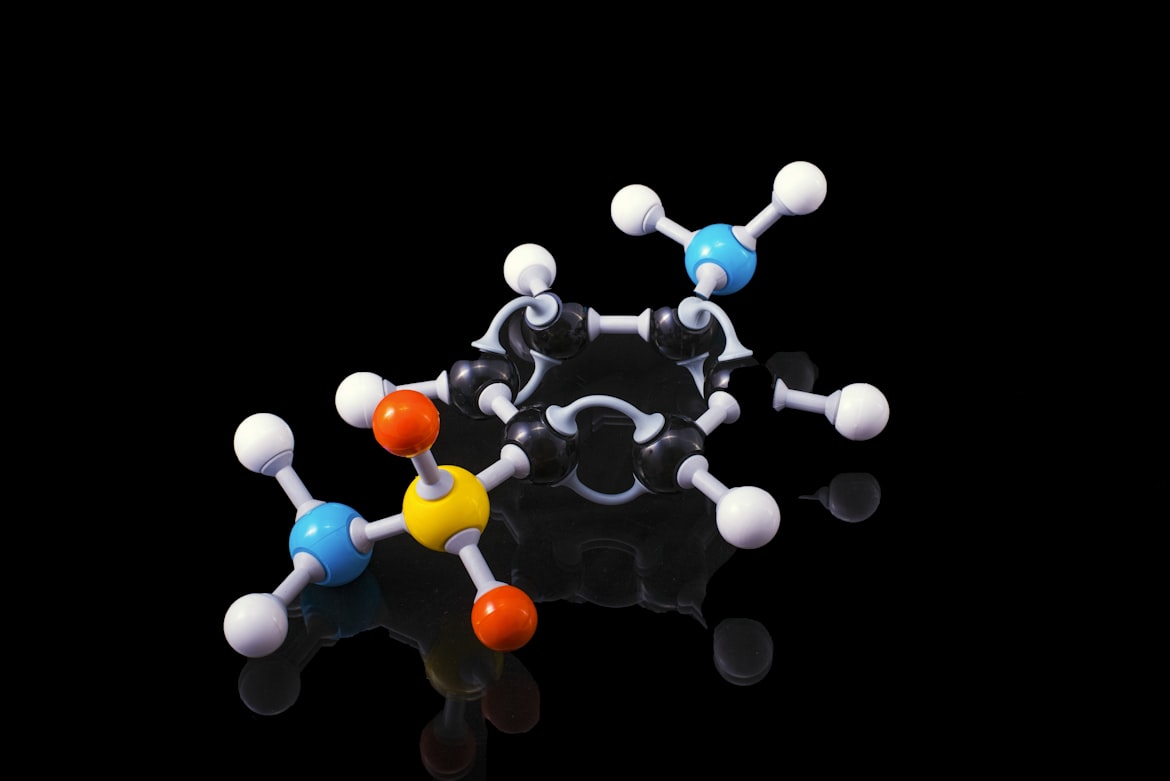GCSE Chemistry Revision
About Chemistry
Chemistry is the scientific study of the properties and behavior of matter. It is a natural science that covers the elements that make up matter to the compounds composed of atoms, molecules and ions: their composition, structure, properties, behavior and the changes they undergo during a reaction with other substances.
In the scope of its subject, chemistry occupies an intermediate position between physics and biology.[6] It is sometimes called the central science because it provides a foundation for understanding both basic and applied scientific disciplines at a fundamental level. For example, chemistry explains aspects of plant growth (botany), the formation of igneous rocks (geology), how atmospheric ozone is formed and how environmental pollutants are degraded (ecology), the properties of the soil on the moon (cosmochemistry), how medications work (pharmacology), and how to collect DNA evidence at a crime scene (forensics).
Studying Chemistry
Chemistry can be a tough subject to learn, especially if you aren’t going about studying this complicated science the right way. While there are no secret shortcuts to help you master Chemistry overnight, you can make it easier by studying the right way. Once you know the best ways to spend your study time and prepare for lessons, you can focus on understanding the concepts better.
Brush up on your math. There are going to be a number of formulas and equations that you need to solve in order to learn chemistry. If you can't remember how to solve logs or quadratic equations, it's a good idea to review some algebra problems. They will help you to do similar problems in your chemistry coursework.
Learn to read and understand the periodic table and its trends. Learning the elements is essential to success in chemistry. Just as you would struggle with math if you did not know the difference between numbers, it is vital to learn how to read and understand what is on the periodic table. You will also need to understand how the trends of the periodic table work to learn more complex concepts in chemistry.





